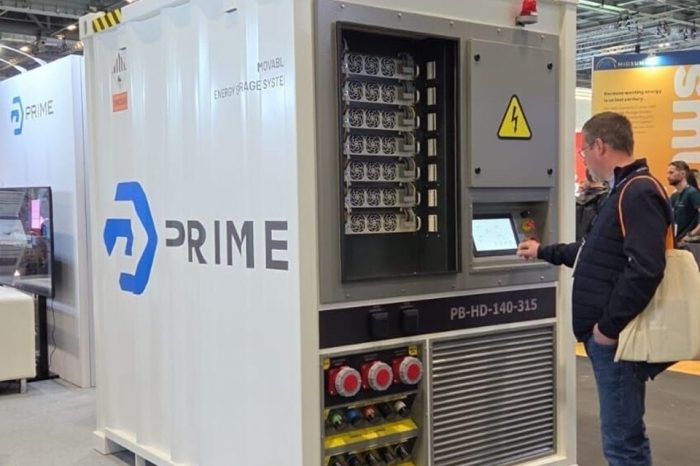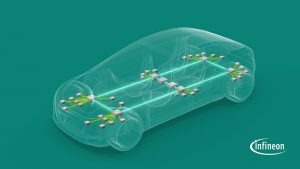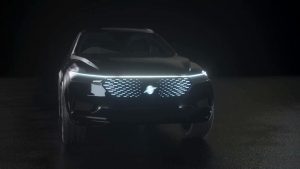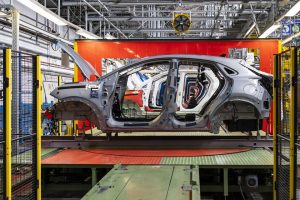Demand for electric cars is growing, reluctance to autonomous vehicles, study shows

Electric vehicle demand is growing fast in the European Union due to supportive environmental policies, big-brand bets and shifting consumer attitudes, according to the latest Deloitte Automotive Consumer Study conducted in Europe.
Italians are the most interested in cars equipped with alternative powertrain technology, 58% (up from 51% last year) of them saying they are considering such a system for the next vehicle they will purchase. On the other hand, the largest increase in interest for electric and/or hybrid cars was registered in UK, from 27% in 2018 to 37% in 2019.
”The Romanian Ministry of Environment has implemented a stimulation program for the acquisition of electric and hybrid cars and every year we saw an increase in the consumers’ preferences for this type of cars. 5,283 hybrid and electric cars were sold on the Romanian market in the first ten months of 2019, up by 50% compared to the same period of 2018, according to data from Automotive Manufacturers and Importers Association. However, their number remains low in Romania, as they are still expensive for most Romanians,” said Ciprian Gavriliu, Transfer Pricing Partner, Deloitte Romania, and Automotive Industry Leader.
At the same time, consumers’ trust in autonomous vehicles appears to be stalling, after a significant increase in 2018, according to the study. As the technology gets ever closer to scalable, real-world application, consumers are questioning if autonomous vehicles are safe, which is causing some people to take a more cautious approach to the idea. This situation could be explained by a series of negative incidents involving autonomous vehicles, said the study’s authors.
The majority of consumers want their governments to exert a significant amount of control over the development and use of autonomous vehicles. An overwhelming percentage of consumers in most European countries (but not only) indicated they wanted “significant oversight” (from 58% in Austria, to 73% in the Netherlands).
When it comes to vehicle connectivity, consumers’ opinion is split. Italians are embracing the idea (60%) at roughly twice the rate compared to Germans (35%) and Austrians (29%). Consumer opinions also vary depending on specific concerns around connectivity, including the security of biometric data generated and shared by connected vehicles.
The European Deloitte Automotive Consumer study questioned over 9,300 consumers in seven countries: Austria, Belgium, France, Germany, Italy, the Netherlands and the United Kingdom.



















